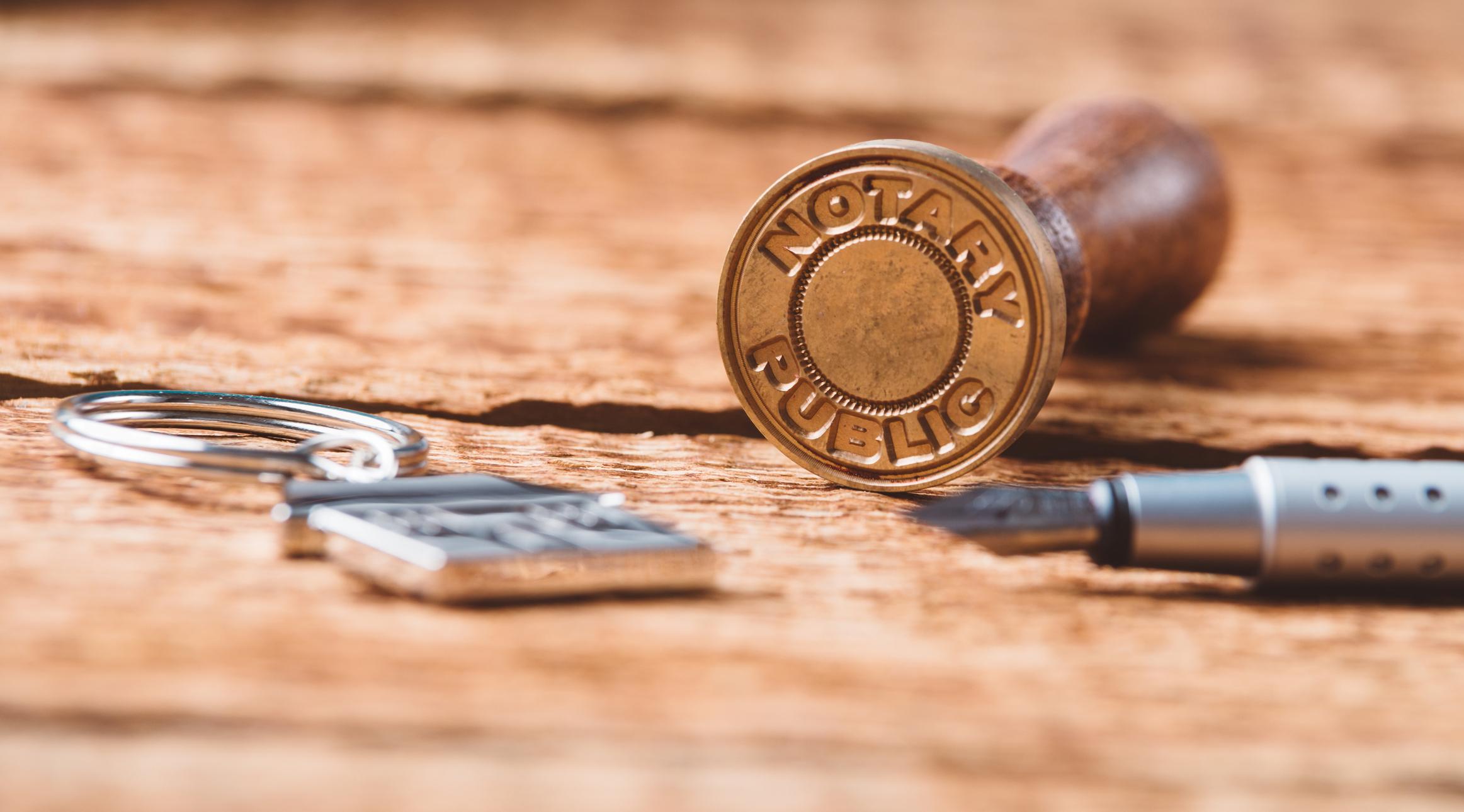Notary Public: Your Trusted Witness and File Authenticator
Notary Public: Your Trusted Witness and File Authenticator
Blog Article
Debunking Notarial Job: Simplifying the Role and Value of Notaries
In the detailed web of lawful documents and confirmation, notaries stand as columns of assurance and credibility. Their duty, often shrouded in enigma for lots of, lugs significant weight in making sure the legitimacy and honesty of important files. As guardians of validity and truth, notaries play a pivotal part in our society, yet their job is not always completely recognized. By deciphering the intricacies shedding and bordering notarial practices light on the significance of their acts, a clearer understanding emerges of the crucial function notaries play in supporting the material of contractual and lawful agreements.
The History of Notarial Work
The history of notarial job days back to old human beings, where scribes played a critical duty in videotaping vital info and authenticating files. This led to the advancement of notaries, people designated by the state to act as neutral witnesses in legal issues.
During the Center Ages, notaries acquired prestige in Europe, with their features broadening to include composing legal files, certifying trademarks, and maintaining records. The increase of international trade even more highlighted the significance of notarial job in validating agreements and arrangements throughout borders.
In the modern period, notaries continue to play a vital role in lawful and business transactions by validating identifications, confirming the authenticity of documents, and stopping scams. Their function in certifying the validity of agreements includes a layer of security and depend the ever-evolving landscape of commerce and law.

Responsibilities and Duties of Notaries
Notaries play an important role in validating the authenticity of files and the identification of notaries. One of their main responsibilities is to witness the finalizing of essential records, such as actions, agreements, and wills, to guarantee that all celebrations are entering into agreements purposefully and voluntarily.
They certify duplicates of initial papers, offering assurance to establishments that the copies are real reproductions of the originals. In general, the duties and duties of notaries are vital in guarding the integrity and validity of different papers and transactions - Apostille.
Notarial Certificates and Signatures
Exemplifying meticulous focus to information, notarial certifications and signatures work as necessary components in verifying the authenticity of lawful documents. Notarial certifications usually have vital info such as the date of registration, the names of the notaries, a summary of the paper, and the notary's official seal. These certificates give a clear record of the notarial act, making sure that the record can be quickly recognized and traced back to the notary who oversaw the procedure.
Trademarks play a pivotal duty in notarial work, as they represent the agreement and permission of the celebrations included. Notaries thoroughly witness the signing of records to validate the identification of the notaries and verify that they are signing of their own free choice. By attaching their main seal and signature to the record, notaries accredit that the needed procedures have actually been adhered to and that the record is legitimate and enforceable.
Basically, notarial certifications and trademarks are the trademark of credibility in legal deals, supplying assurance to all parties included that the papers are genuine and binding.
Value of Notarial Acts

Notarization Process Explained
Discussing the notarization process offers clarity on the vital actions associated with verifying legal files. The registration process usually begins with the specific offering the file to a notary public. The notary after that validates the signer's identity through appropriate identification methods. Once the identity is validated, the notary makes certain that the individual authorizing the record does so willingly and with no browbeating.

Final Thought

Notarial certifications usually include critical info such as the day of registration, the names of the signatures, a summary of the record, and the notary's main seal. These certifications provide a clear record of the notarial act, making sure that the paper can be quickly determined and mapped back to the notary that looked after the process.
By fastening their main seal and signature to the document, notaries accredit Apostille that the essential treatments have been followed and that the file is legitimate and enforceable.
By validating the identity of the signatures, validating their readiness to get in right into the arrangement, and certifying the date and location of the signing, notaries play a crucial role in maintaining the credibility of lawful papers.After the file is signed, the notary will certainly attach their main seal or stamp onto the paper.
Report this page